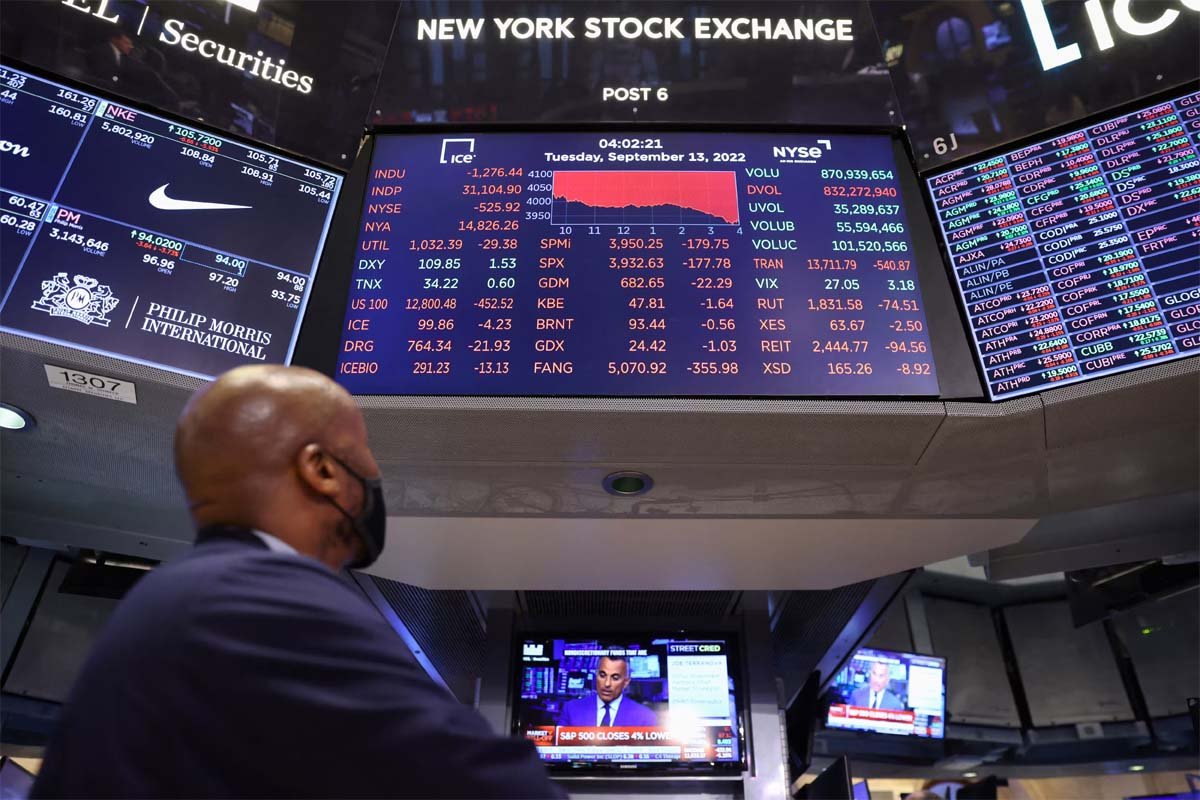Dow Jones Update: In spite of a better-than-expected earnings reporting season and signs of ongoing economic growth, U.S. stocks experienced a decline on Wednesday. The primary cause for this downturn was the growing unease surrounding the impasse in the debt-ceiling talks in Washington.
During morning trading, the Dow Jones Industrial Average dropped by 235 points or 0.7%, settling around 32,818. Similarly, the S&P 500 experienced a dip of 0.9%, while the Nasdaq Composite lost 1%.
Expressing concern about the situation, the U.S. Treasury Secretary stated on Wednesday morning that it is “almost certain” the Treasury will exhaust its available resources by early June.
Kristina Hooper, the chief global market strategist at Invesco US, noted that the behavior exhibited by investors in recent times is likely to persist as the debt ceiling standoff continues. She explained, “Stocks tend to rise when the news is fairly positive. Conversely, when discussions hit a roadblock, stocks decline. Additionally, the bond market will continue to exhibit concerns and accurately assess risks.”
Hooper emphasized the uncertainty that lies ahead when the X-date arrives, referring to the point at which the U.S. is unable to fulfill its financial obligations. She explained, “We lack a playbook for such a scenario.”
During a similar debt ceiling standoff in 2011, a deal was reached before the X-date, offering some guidance and expectations regarding the impact on various asset classes. However, the outcome remains unknown if the X-date is reached without an agreement, as Hooper mentioned, “We are unsure about the consequences.”
Should the X-date be reached without a resolution, it is highly likely that yields on government bonds, particularly short-term ones, will increase significantly. Hooper speculated, “Unlike 2011, where we witnessed a flight to quality and safe havens, including treasuries, I’m uncertain if that will happen once we reach the X-date. In fact, I believe it may be the opposite.”
In conclusion, the concerns surrounding the debt-ceiling talks in Washington have caused U.S. stocks to decline. With the Treasury likely to run out of resources by early June, the market remains uncertain about the potential consequences of reaching the X-date without a resolution. Investors should prepare for increased yields on government bonds, especially in the short term.

